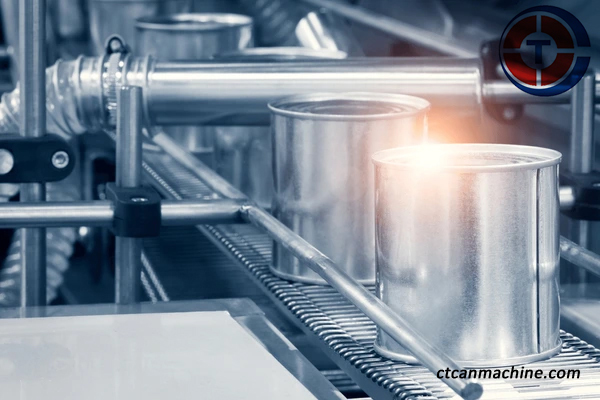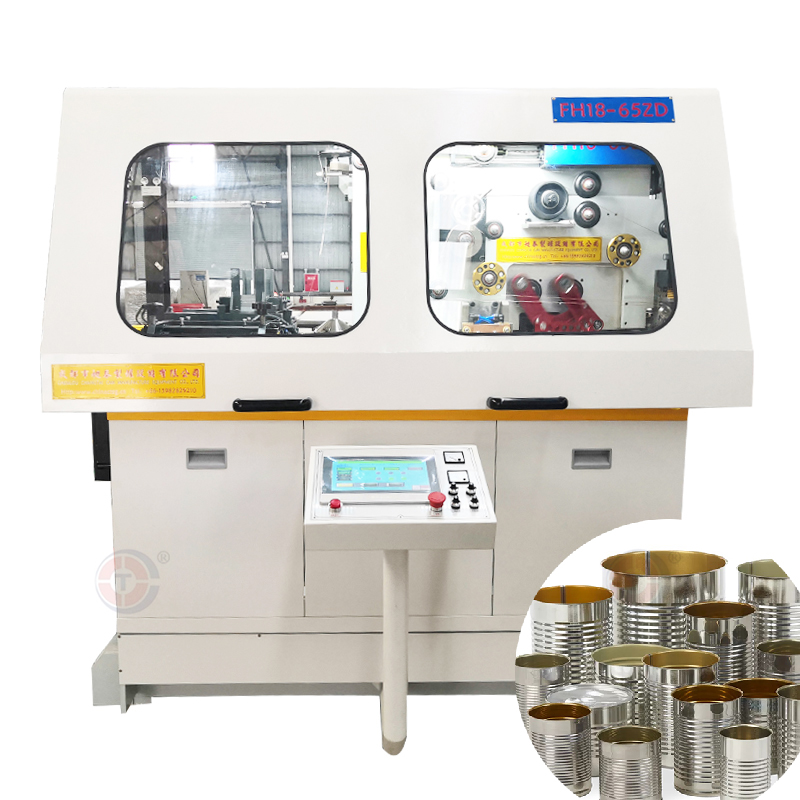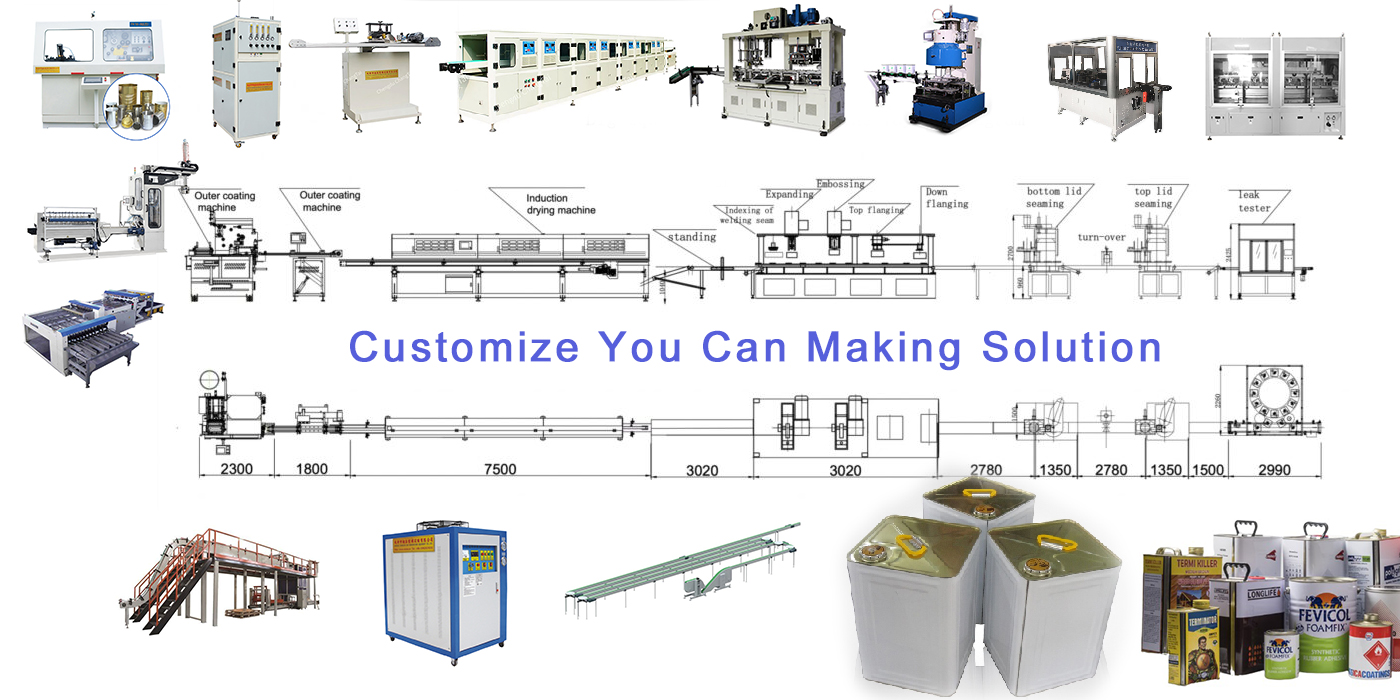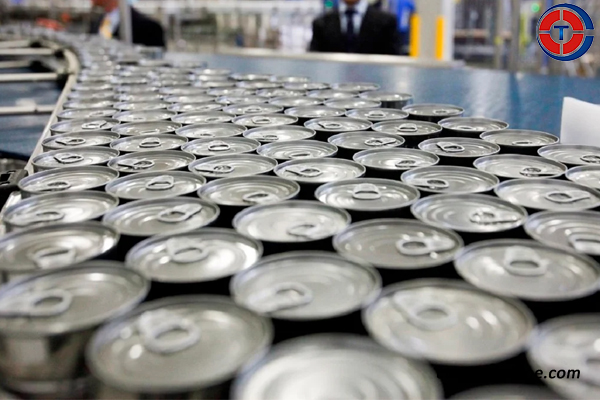Food Cans Making Machine Buying Guide: Key Considerations
Investing in a food can making machine requires careful evaluation to ensure you select the right equipment that meets your production needs. Whether you’re setting up a small-scale operation or expanding an industrial can manufacturing facility, various factors such as machine type, capacity, technology, and cost must be taken into account. Here’s a guide to help you make an informed decision when purchasing a food cans making machine.
1. Types of Can Making Machines
There are different machines for various stages of can production. The most common types include:
- Body-making machines: Used to form the cylindrical body of the can from sheets of metal, typically steel or aluminum.
- Seamers: These machines apply the double seam to seal the top and bottom lids securely.
- End-making machines: Responsible for producing the top and bottom ends (lids) of the cans.
- Decorating and coating machines: Add labels, logos, and protective coatings to the can bodies.
Each type of machine plays a critical role in the production process, so determining which machines you need depends on whether you require a complete line or specific stages of production.
2. Production Capacity
The production capacity of can making machines varies greatly. Some machines are designed for small-scale operations, capable of producing a few thousand cans per hour, while large industrial machines can handle tens of thousands per hour. It’s crucial to match the machine’s capacity to your production needs. Over- or under-sizing can result in inefficient operations or inability to meet market demand.
3. Material Compatibility
Ensure the machine is compatible with the materials you plan to use. Most food cans are made from tinplate (steel coated with tin) or aluminum, both requiring different handling techniques. Some machines are versatile and can work with both materials, but verify this capability if you need flexibility in material use.
4. Automation and Technology
Automation is key to optimizing production efficiency and reducing labor costs. Fully automated machines can handle processes from can body formation to sealing without human intervention. Look for machines with modern features like automatic seam monitoring or in-line quality control, which ensure precision and reduce waste.
5. Supplier and Cost
When choosing a supplier, consider well-established manufacturers like Chengdu Changtai Intelligent or Soudronic, known for reliable, high-quality can making machinery. Consider not just the upfront cost but also maintenance requirements, spare parts availability, and energy consumption. These factors significantly impact long-term operational expenses.
Conclusion
Selecting the right food can making machine requires understanding your production needs, material compatibility, capacity, and automation features. By carefully evaluating these factors, you can invest in equipment that boosts efficiency, ensures high-quality output, and matches your budget.
Post time: Oct-11-2024






